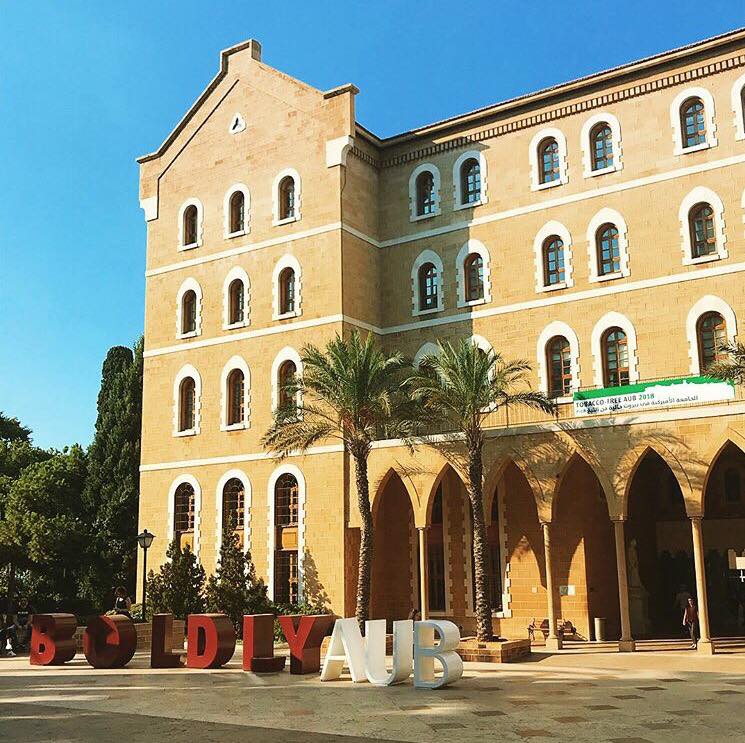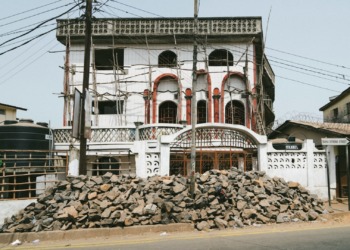Whilst Lebanon often makes the headlines when it is rocked by political instability or shaken by an environmental crisis, it is bound to surprise you; especially when it comes to the resilience and optimism of its citizens, who make Lebanon a tech-savvy hub for entrepreneurial startups.
The first batch of Lebanese startups made their appearance between 2010 and 2012. By 2014, the tech sector clocked in considerable growth. In 2013, large funding came to the fore, such as the Berytech fund (30 million USD) and Middle East Venture Partners (MEVP) (50 million USD). One year later, Banque du Liban launched Circular 331 with 400 million USD to be invested in the knowledge economy – a boost worth 1% of Lebanon GDP. Add to that the establishment of boot-camps, incubators and accelerators and Lebanon might as well be the Silicon Valley of the Middle East.
This being said, Lebanese migration patterns threaten the longevity of such a blossoming startup scene. Lebanon is home to 5 million Lebanese, whilst the rest of the world shares a diaspora of 12 million. This emigration problem shows no signs of fading as recent graduates and young professionals choose to kickstart their careers abroad, away from local government instability and regional tension. Their motives are not necessarily political; the youth chooses to leave the country in search of opportunities that currently cannot be had in Lebanon, with its low salaries and limited career advancement.
This migratory trend is often referred to as a ‘brain drain’, even though its impact on the economy is vastly debated, with some arguing that the Lebanese diaspora is a great asset to have culturally, economically and politically.
 Credit: Raimund Andree
Credit: Raimund Andree
For the local tech scene to be sustainable in the long run, the Lebanese talent pool should be motivated to stay in the country. It would be beneficial for young and ambitious graduates to be engaged and cultivated by successful and growing tech firms set up in Lebanon. Such incentives could allow this entrepreneurial ecosystem to reach its full potential; government incentives are also welcome as relaxing certain regulations would enable the ecosystem to flourish.
Entrepreneurship is becoming a significant part of the Lebanese culture with workshops, talks, innovation days and competitions taking place on a regular basis.
One of the biggest and most anticipated events of the sort is Arabnet, a conference bringing together 1,300 corporate executives, marketing industry leaders, entrepreneurs and investors to discuss the digital sector and its opportunities. The Banque Du Liban Accelerate convention aims to promote the growing ecosystem as well, its 2016 convention included amongst its speakers Steve Wozniak, co-founder of Apple, and Tony Fadel, founder of Nest. The sharing of these success stories encourages individuals at an early stage of their professional life to consider entrepreneurship as a career option.
Luckily, Lebanese students are introduced to entrepreneurship through university events and activities. The country is home to some of the best universities of the Arab world with the American University of Beirut (AUB) placed in the first position among 1,000 Arab universities (according to the QS Arab Region University 2017/18 rankings). AUB has a research center dedicated to the study of entrepreneurship and innovation in addition to a partnership between its faculty of engineering and architecture and the Beirut Digital District, the hub of the digital and creative industries in Lebanon.
 Credit: inkaplypse
Credit: inkaplypse
Students are also becoming more familiar with local incubators, accelerators and other key-players of the local ecosystem. You can raise funds through Zoomal a crowfunding platform or through MEVP, IM Capital or the Berytech fund, among others.
For business support, you can apply to one of the programs offered by Speed@BDD, Alt City, Berytech, Flat6Labs or ESA Smart Booster. Support entities are numerous when it comes to education and training and covers everything between coding and building. Finally, Lebanon is not short of co-working spaces, with availabilities found on antwork and Beirut Digital District.
As Lebanon develops its tech startup culture to become a serious player in the region, Beirut, the capital, has become the country’s undisputed hub for innovation, investment and networking. However, it would be incorrect to assume that Beirut is the only tech cluster in the country. Following years of violence, Tripoli, the second largest city in Lebanon, has recently witnessed its first startup competition, Tripoli Startup Forum, launched in 2013. Similarly, The Innovation Club, a support network encouraging entrepreneurs to stay in the area, has made its appearance in Saida.
Known for its political and civil unrest, Lebanon is much more than what makes the headlines. The country has a lot of problems to address, whether they be political, social or environmental. However, what is admirable to say the least, is Lebanese fortitude, the secret ingredient pushing the country to walk its thousand-step journey to peace and prosperity, one step at a time.



 Credit: Raimund Andree
Credit: Raimund Andree Credit: inkaplypse
Credit: inkaplypse






